Ion Iliescu, one of the most controversial and long-standing figures in post-communist Romanian politics, has died at the age of 95. The former President passed away at Agrippa Ionescu Medical Center after a difficult battle with lung cancer. Romania thus loses a key figure in its transition from communism to democracy.
Doctors had been cautious about his chances of survival from the moment of his hospitalization, and he spent his final days under constant supervision in critical condition, according to Mediafax.
Iliescu, who led Romania in the early years following the 1989 Revolution and served three presidential terms, was a political figure who divided public opinion—between passionate supporters and fierce critics. As the central figure of the post-communist transition, he remains in political history for how he managed the period after Ceaușescu’s regime fell, as well as for the controversial events of 1990 and 1991, which followed him until the end of his life.
His Faith and Public Perception
Ion Iliescu was baptized in the Romanian Orthodox Church and grew up in a family considered devout.
However, both personally and publicly, he was perceived more as a freethinker, with some sources even labeling him an atheist.
During a televised debate in the 1996 presidential campaign, Emil Constantinescu directly asked Iliescu if he believed in God.
Iliescu replied that although he upheld the fundamental principles of Christian morality, he did not display his faith publicly nor use it as a political tool.
This statement was interpreted as distancing himself from religion, and analysts later argued that this moment contributed significantly to his loss in the election to his opponent.
A Complex Legacy
Despite the disputes, Ion Iliescu remained in the public eye until recently. Even in his final years, as his health visibly declined, he continued to be the subject of investigations and debates about Romania’s past.
His political legacy remains complex: for some, he was Romania’s savior from post-revolutionary chaos; for others, he symbolized a past the country has yet to fully move beyond.

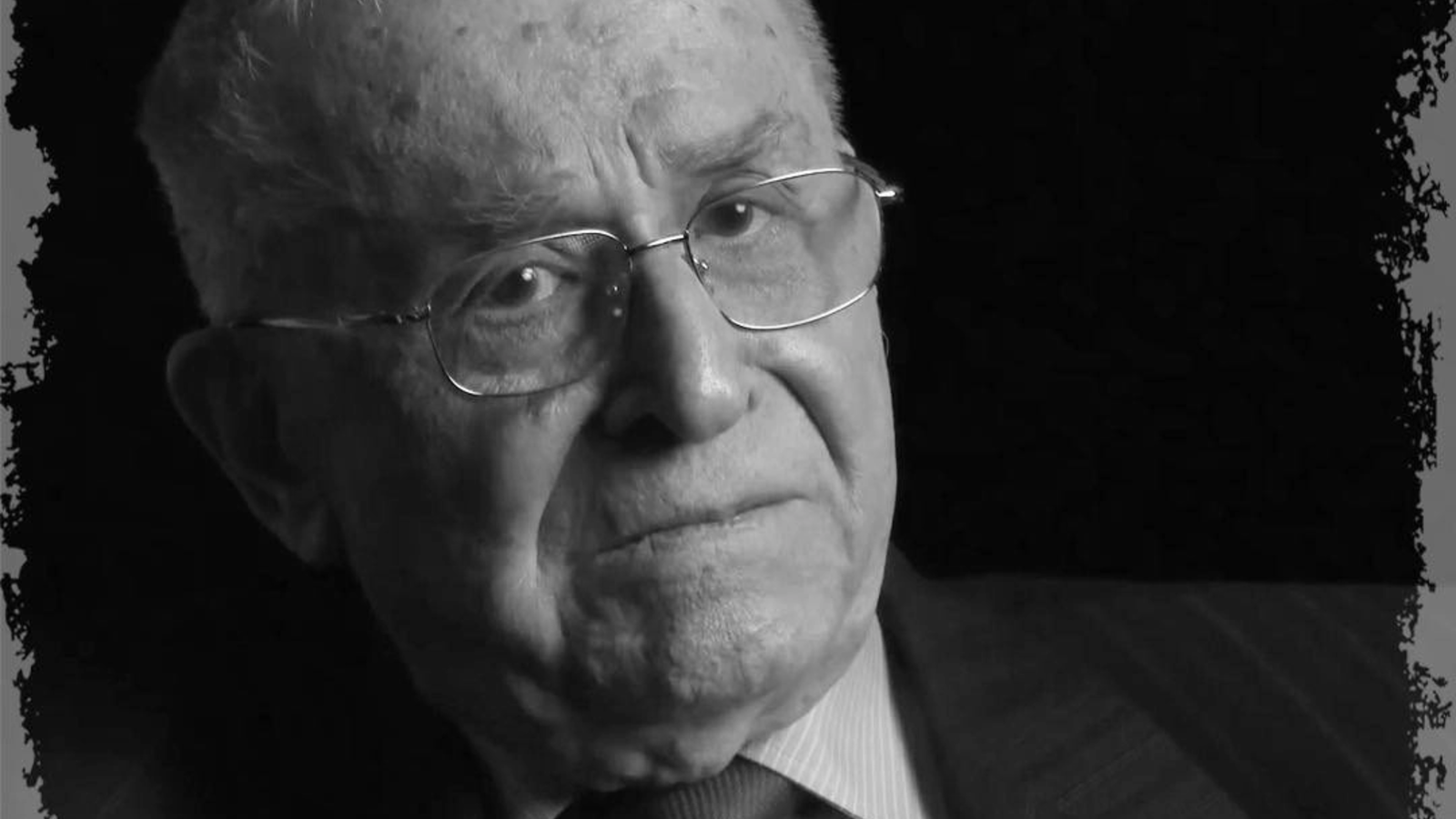














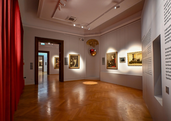



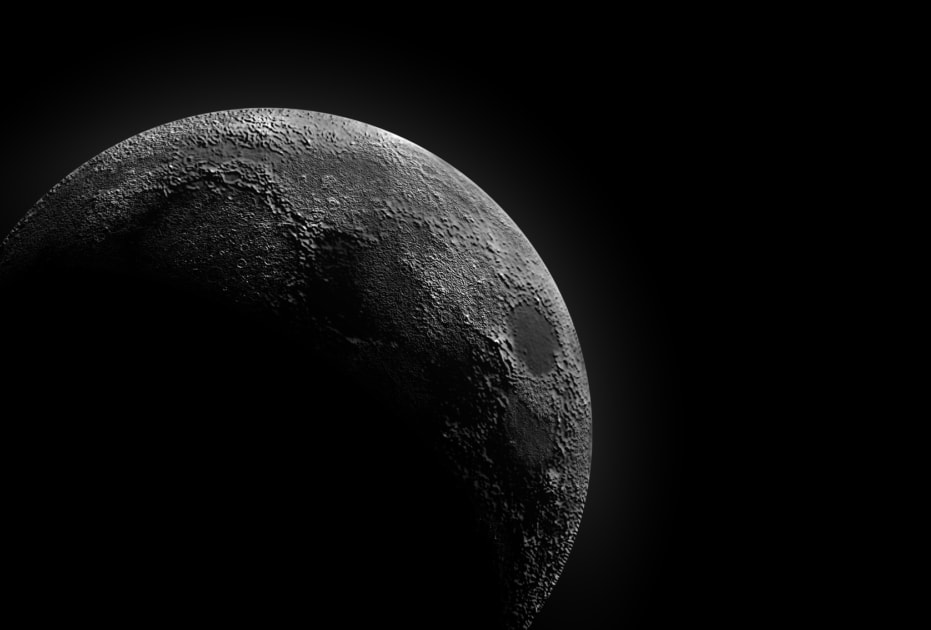

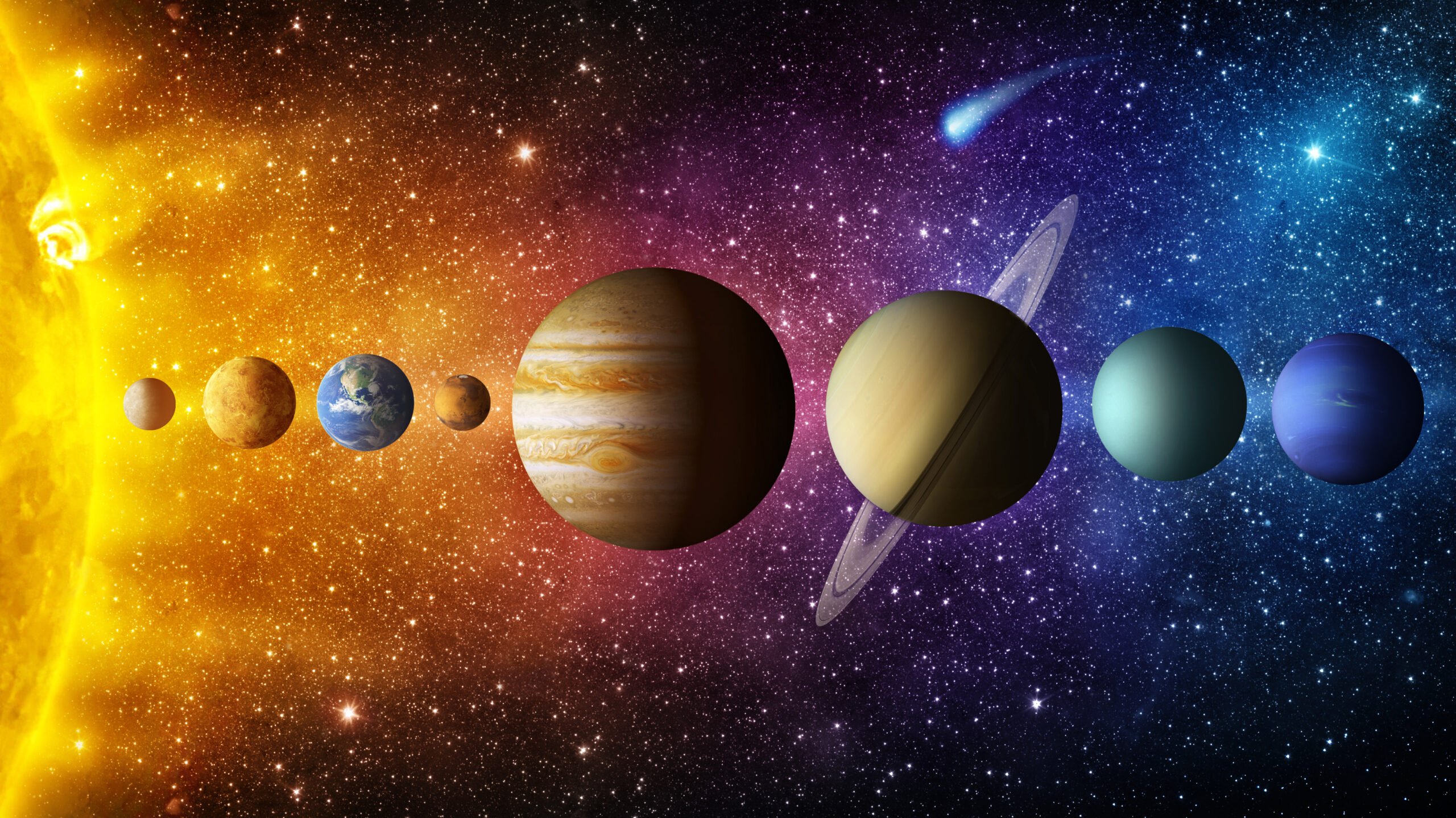

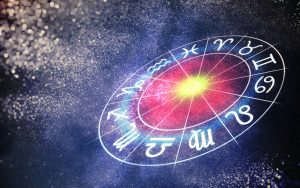







Comentează